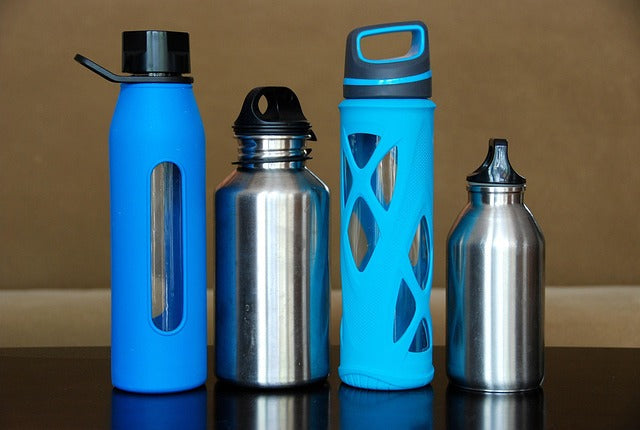5 Ocean-Friendly Swaps That Are Actually Worth It (No Greenwashing Here 🌱)
Pelagic ProblemsLet’s be real not every eco-swap is worth the hype. Some are more about aesthetics than impact. But if you're trying to cut through the greenwashing and actually do something good for the ocean (without doing everything), here are 5 swaps that are simple, impactful, and Gen Z–approved.
1. Reef-Safe Sunscreen
Your sunscreen might be protecting you, but it could be harming coral reefs. Many conventional sunscreens contain oxybenzone and octinoxate, which bleach and damage coral.
- ✅ Swap it for: A mineral-based, reef-safe sunscreen with zinc oxide or titanium dioxide (non-nano).
- 🌊 Why it matters: Over 14,000 tons of sunscreen wash into oceans each year. Let’s not fry the reef while we tan.
2. Solid Shampoo Bars
Plastic shampoo bottles? Pass. Solid bars last longer, are travel-friendly, and usually come with no packaging.
- ✅ Swap it for: A sulfate-free solid shampoo bar in compostable or recyclable packaging.
- 🌊 Why it matters: Every year, 550 million shampoo bottles are thrown away in the U.S. alone.
3. Reusable Water Bottle
Single-use water bottles are consistently the most found plastic item on beaches worldwide.
- ✅ Swap it for: A stainless steel or glass water bottle. Bonus if it's insulated.
- 🌊 Why it matters: One bottle can replace hundreds of single-use plastics in just one year.
4. Say “No Thanks” to Single-Use Sauce Packets
You don’t need that fifth ketchup packet. Or the mystery sauces. They often end up in landfills the ocean.
- ✅ Swap it for: Saying “no thanks” at drive-thrus or using sauce from home.
- 🌊 Why it matters: Small plastics like these are nearly impossible to recycle and often slip through sorting machines.
5. Bring Your Own Straw (or Skip It)
We’ve all heard the turtle straw story and while straws aren’t the biggest ocean threat, they are an easy swap that makes a statement.
- ✅ Swap it for: A reusable straw or just… don’t use one.
- 🌊 Why it matters: Over 500 million plastic straws are used daily in the U.S., most of which end up in the trash within minutes.
Final Thought:
Ocean conservation isn’t about being perfect. It’s about being aware. Small, consistent swaps can add up to massive collective impact.

